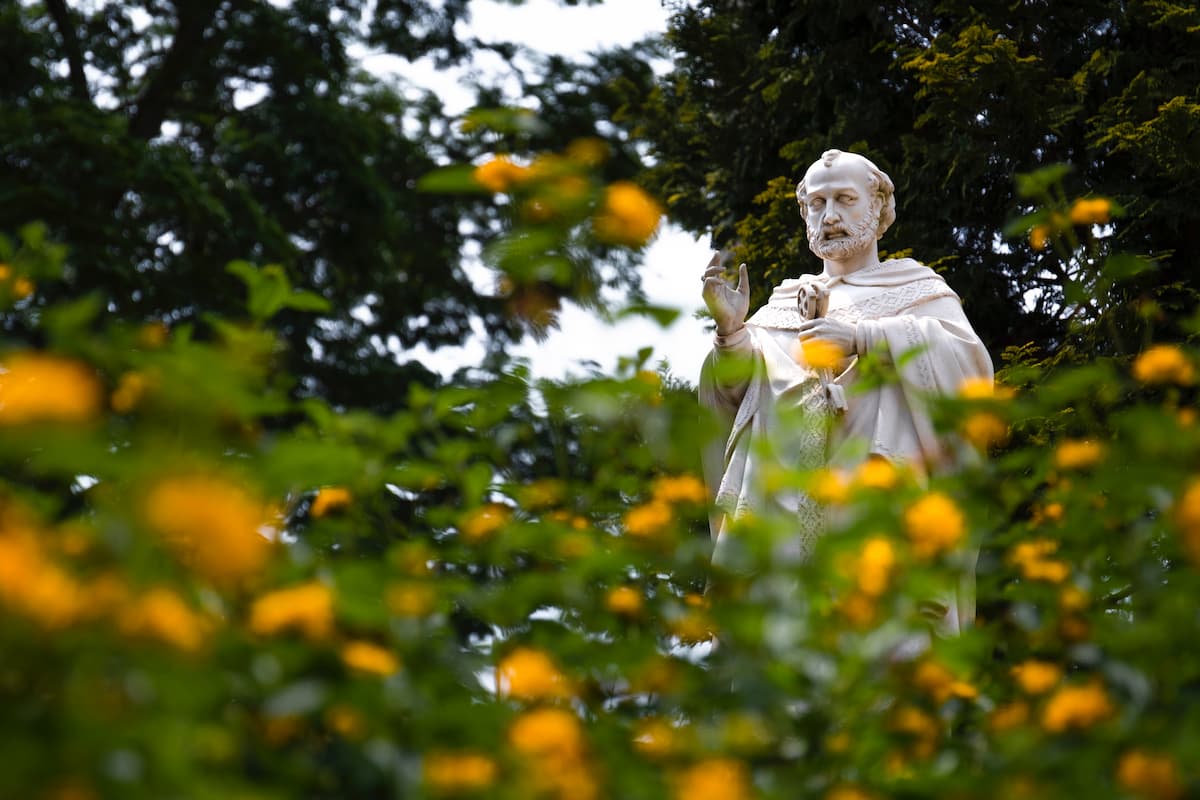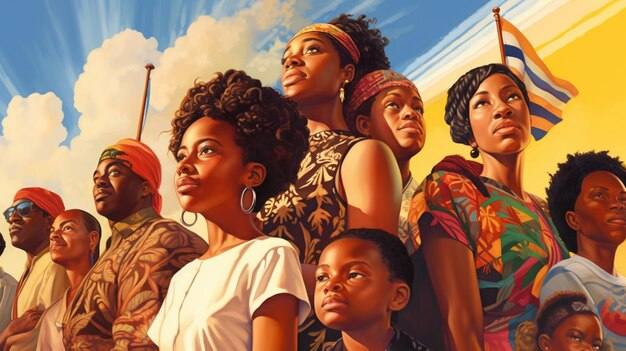This Content Is Only For Subscribers
Columbus Day in the United States is a day meant to honor the legacy of a man credited for discovering the New World. The first celebration was held on October 12 1972. But since the early 1990s, many people of African Heritage don’t celebrate the day. Continue reading to learn about why people of African Heritage don’t mark this day.
Join our Spotcovery Global Black Community Facebook Group for early access to exclusive content and to share in a lively discussion.
Become an insider. Subscribe to our newsletter for more top trending stories like this!
When Is Columbus Day Celebration?
Columbus Day was changed to the second Monday in October, starting from 1971. In many parts of the United States of America, this day has moved into the celebration of Italian-American heritage.
During the celebration, local groups host parades and street fairs featuring Italian food, colorful costumes, and music. Books and guides are available on Amazon to teach you more about how Columbus Day has been marked over the years.
4 Reasons Why Some African Descendants Don’t Celebrate Columbus Day
Just in case you’re wondering why the people of African Heritage don’t celebrate, here are the three main reasons.
People Also Read: International Day of Democracy: The State Around the World
Columbus Initiated Trans-Atlantic Slave Trade
Christopher Columbus started the trans-Alantic slave trade in early 1494. During this time, Columbus described those he enslaved as of good intelligence and well-made.
He recommended to Queen Isabella and King Ferdinand that tax revenues from slave shipments could help pay for the things needed for the Indies. After one year, Columbus made more efforts to enslave the Caribbean residents.
Over the years, many great authors have written extensively on the Trans-Atlantic Slave Trade.
Getting these books on Amazon, will help you learn about the subject, understand its roots, and Christopher Columbus’s contribution towards it.
People Also Read: 5 Fantastic Ways to Celebrate the World Animal Day
Christopher Columbus Wasn’t From America and Didn’t Make any Positive Impact
With the addition of Columbus Day, America has twelve federal holidays to mark. Ten of these holidays are days the people of America remember together as a nation. They’re days to remember the Americans who died in war, fought for racism, and the ending of Columbus and slavery.
Become an insider. Subscribe to our newsletter for more top trending stories like this!
But of all these people Americans remember, Christopher Columbus wasn’t from America and didn’t make any positive impact in the country. This is one of the reasons people of African heritage don’t celebrate this holiday.
Celebration Supports White Supremacism
In as much as it’s great to honor immigrants who were determined to be part of America, the truth is those who initiated the celebration for Christopher Columbus in the early 20th century were all people who supported racism.
Christopher Was Never an Example to Follow
Years back, Christopher Columbus and his followers brought many people into slavery in Spain and on the islands. He was also known for sexual violence.
Christopher Columbus made Colonial efforts to compel Indian labor. New diseases were introduced to indigenous peoples and their warfare. New animals and plants were also released into delicate places, which resulted in catastrophic depopulation.
A once-happy world nation was replaced by the brutal regime of slavery and sugar. From all viewpoints, this isn’t a story that’s worth remembering and celebrating.
In general, People of African heritage and many other Americans don’t celebrate Christopher Columbus Day for many reasons. But the three highlighted here stand out and justify their decision. Many books on Amazon discuss this celebration in detail. Getting the books will help guide you on whether you should honor the day.
People Also Read: Human Rights: Celebrating International Day for Universal Access to Information
Nearly 80% of consumers visit directories with reviews to find a local business. List your business for free in our exclusive Spotcovery Black-Owned Business Directory.
Spotcovery offers unique and fresh daily content on Black culture, lifestyle, and experiences. We talk about everything black, black people, black-owned and black-owned businesses. We also deliver authentic and relevant content that will inform, inspire and empower you! The future of black media is critical to today’s black experience! Our primary audience includes African Americans, Africans, Afro-Caribbean, and people of African heritage. Black culture is for the culture!
Become an insider. Subscribe to our newsletter for more top trending stories like this!





